Thatcher aides used royal baby to bury anti-nuclear protest coverage
Newly released files show Bernard Ingham urged prime minister to use photos of Prince William to combat CND
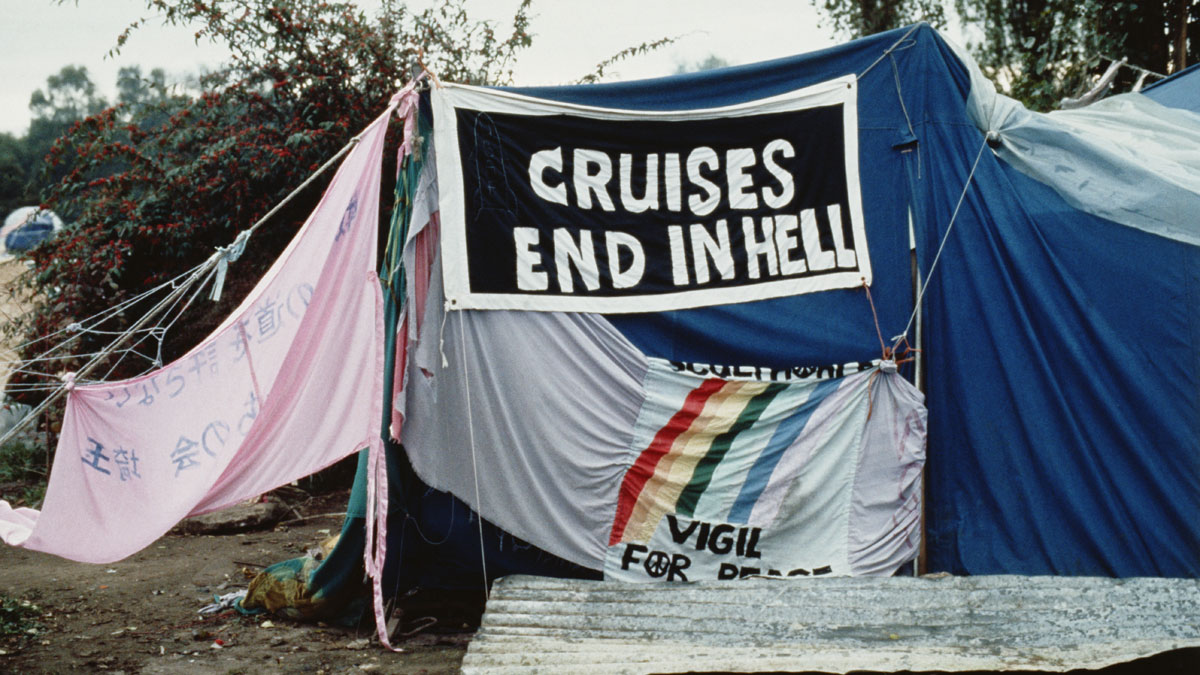
A free daily email with the biggest news stories of the day – and the best features from TheWeek.com
You are now subscribed
Your newsletter sign-up was successful
Margaret Thatcher's top advisers urged her to release photos of a baby Prince William to distract attention from a Campaign for Nuclear Disarmament (CND) rally over the Easter weekend in 1983, official government papers reveal.
Newly released Downing Street files show that Thatcher's press secretary, Bernard Ingham, feared only "an assassination attempt on the pope" or "a North Sea blow out" could steal news attention from the protest and recommended the release of footage of William on his first trip to Australia.
"I think that Good Friday is a lost cause," he said in a Downing Street meeting. "This is the day when the CND chain will (or will not) be formed between Aldermaston and Greenham Common. It is also a day when there is not much sport.
The Week
Escape your echo chamber. Get the facts behind the news, plus analysis from multiple perspectives.

Sign up for The Week's Free Newsletters
From our morning news briefing to a weekly Good News Newsletter, get the best of The Week delivered directly to your inbox.
From our morning news briefing to a weekly Good News Newsletter, get the best of The Week delivered directly to your inbox.
"However, what would take the trick would be press and TV pictures, for the release on the evening of Good Friday and/or Saturday newspapers, of Prince William in Australia."
Consequently, when the Prince of Wales and Princess Diana landed at Alice Springs, "a rather grumpy-looking William was duly brought down the aircraft steps by his nanny to be displayed to the cameras, before being quickly taken back on board", says the BBC.
The papers also show that ministers feared protests might be so "widespread and powerful" they could stop US cruise missiles from being based at RAF Greenham Common.
An official assessment by then foreign secretary Francis Pym of the impact of the anti-nuclear movement reveals the mass protests came closer to halting the deployment of US missiles than many assumed at the time, says The Guardian.
A free daily email with the biggest news stories of the day – and the best features from TheWeek.com
In a "personal and confidential" note, Pym warned Thatcher there was a risk of a mass movement and civil disobedience "so widespread and powerful that deployment of cruise missiles would actually become difficult or impossible".
A permanent "peace camp" was established by campaigners outside the RAF base in 1982, but the removal of nuclear weapons did not begin until the signing of the Intermediate Nuclear Forces treaty between the US and the USSR in 1987.
The last missile left the site in 1991, with the campaigners staying until the perimeter fences were taken down in 2000.
-
 Quentin Deranque: a student’s death energizes the French far right
Quentin Deranque: a student’s death energizes the French far rightIN THE SPOTLIGHT Reactions to the violent killing of an ultra-conservative activist offer a glimpse at the culture wars roiling France ahead of next year’s elections.
-
 Secured vs. unsecured loans: how do they differ and which is better?
Secured vs. unsecured loans: how do they differ and which is better?the explainer They are distinguished by the level of risk and the inclusion of collateral
-
 ‘States that set ambitious climate targets are already feeling the tension’
‘States that set ambitious climate targets are already feeling the tension’Instant Opinion Opinion, comment and editorials of the day
-
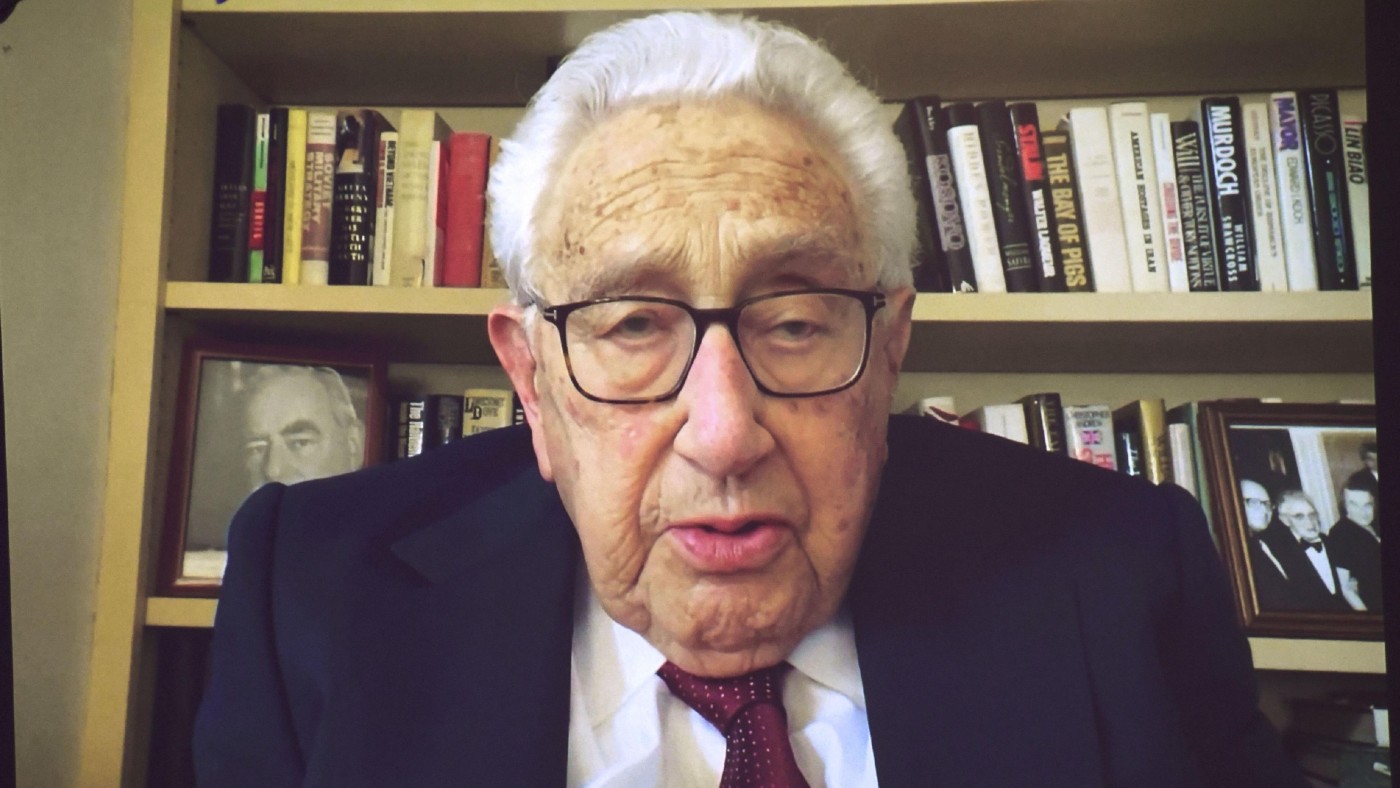 Is Henry Kissinger right about Ukraine?
Is Henry Kissinger right about Ukraine?Speed Read The US statesman made a controversial speech at a virtual Davos appearance last week
-
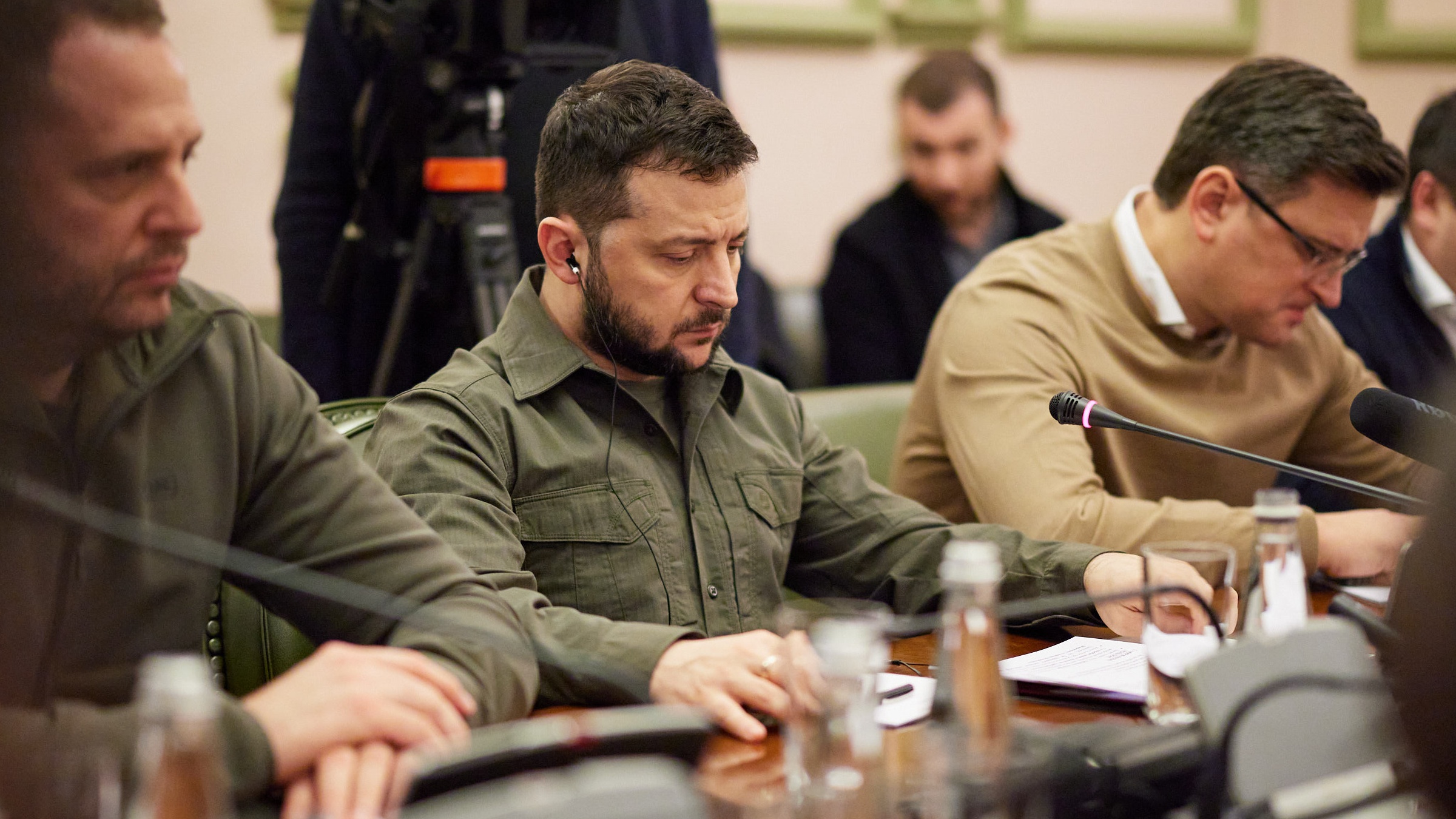 Volodymyr Zelenskyy refused evacuation as Russian hitmen ‘parachuted’ into Kyiv
Volodymyr Zelenskyy refused evacuation as Russian hitmen ‘parachuted’ into KyivSpeed Read Ukrainian president turned down opportunity to leave capital despite threat to life, adviser claims
-
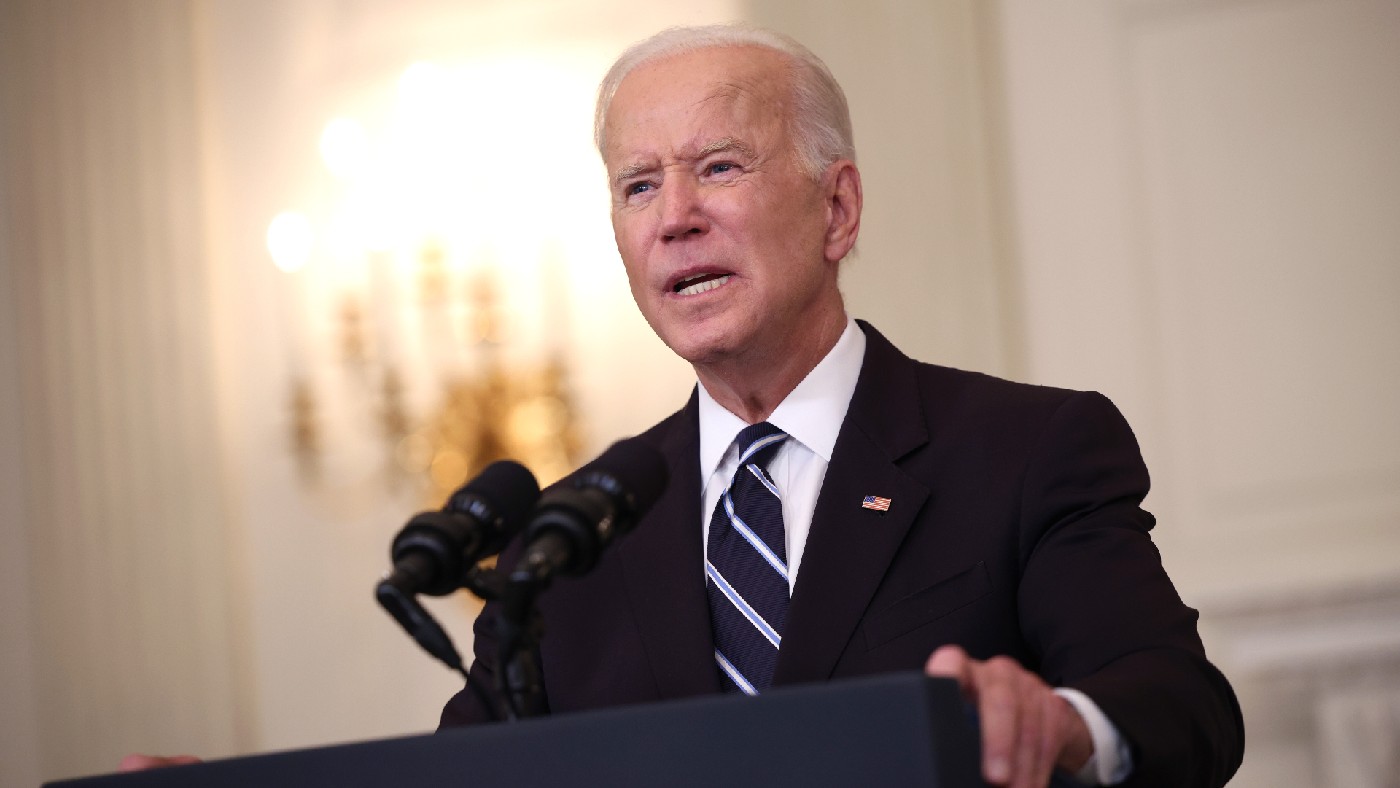 America’s withdrawal from Afghanistan: a retreat into isolationism?
America’s withdrawal from Afghanistan: a retreat into isolationism?Speed Read ‘In his selfish unilateralism’, Biden is no better than Trump, said The Daily Telegraph
-
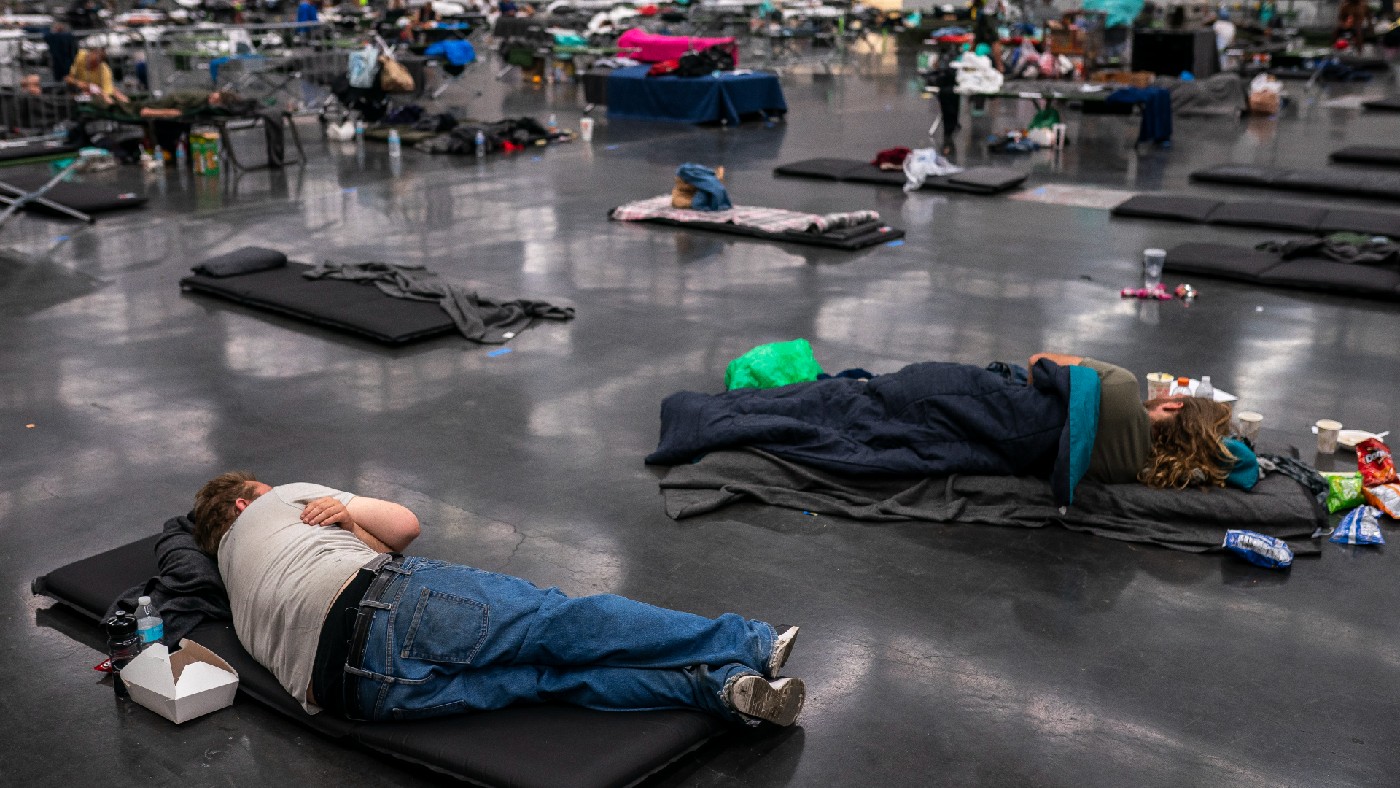 The ‘heat dome’: blistering temperatures in the Pacific Northwest should act as a wake-up call
The ‘heat dome’: blistering temperatures in the Pacific Northwest should act as a wake-up callSpeed Read People are used to hearing of record-high temperatures in desert states such as Nevada or Arizona, but not in verdant Washington and Oregon
-
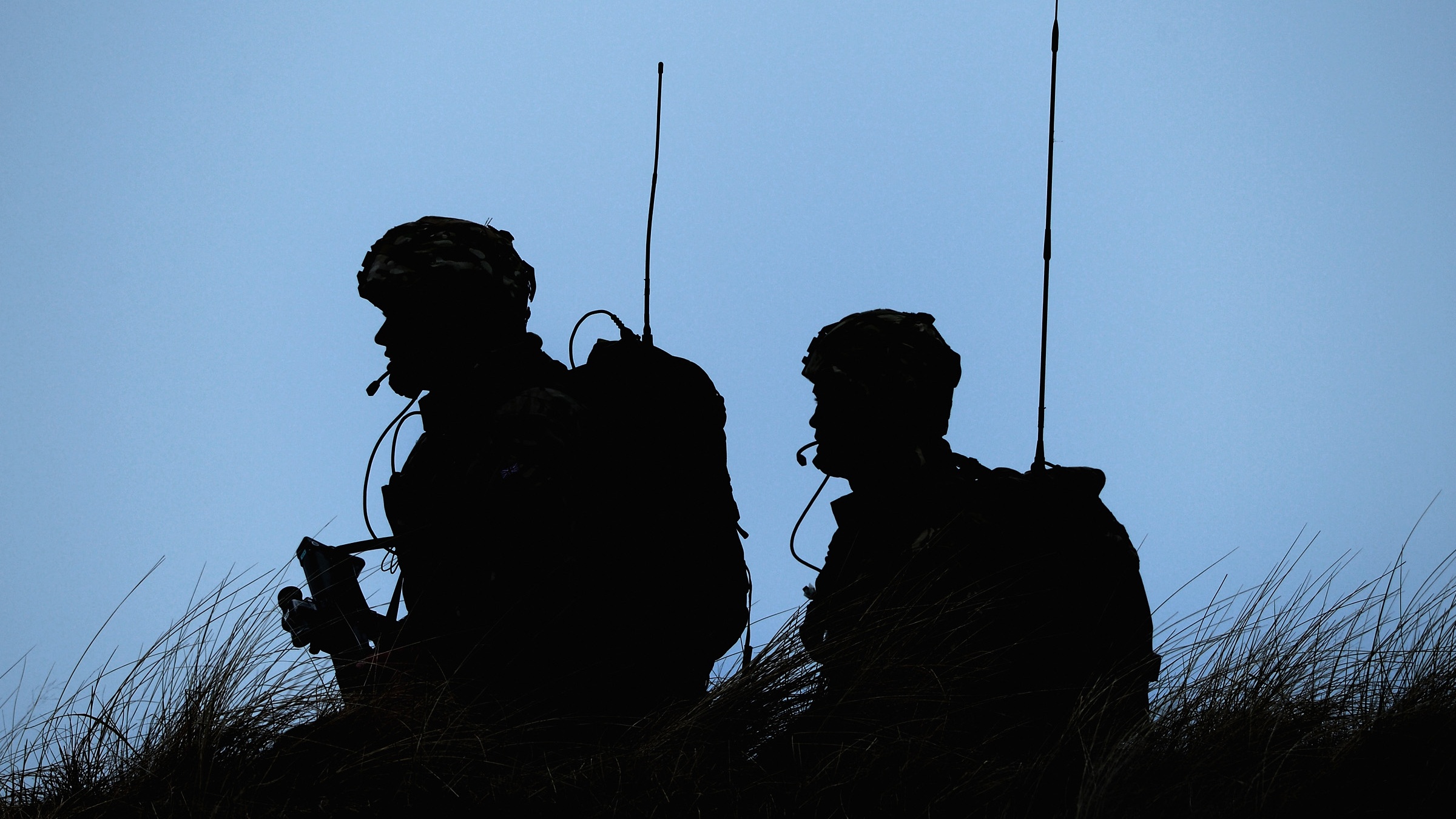 Royal Marines ready to ‘disrupt and confuse’ enemies
Royal Marines ready to ‘disrupt and confuse’ enemiesSpeed Read Military chief says operating in area between peace and war could prevent all-out conflict
-
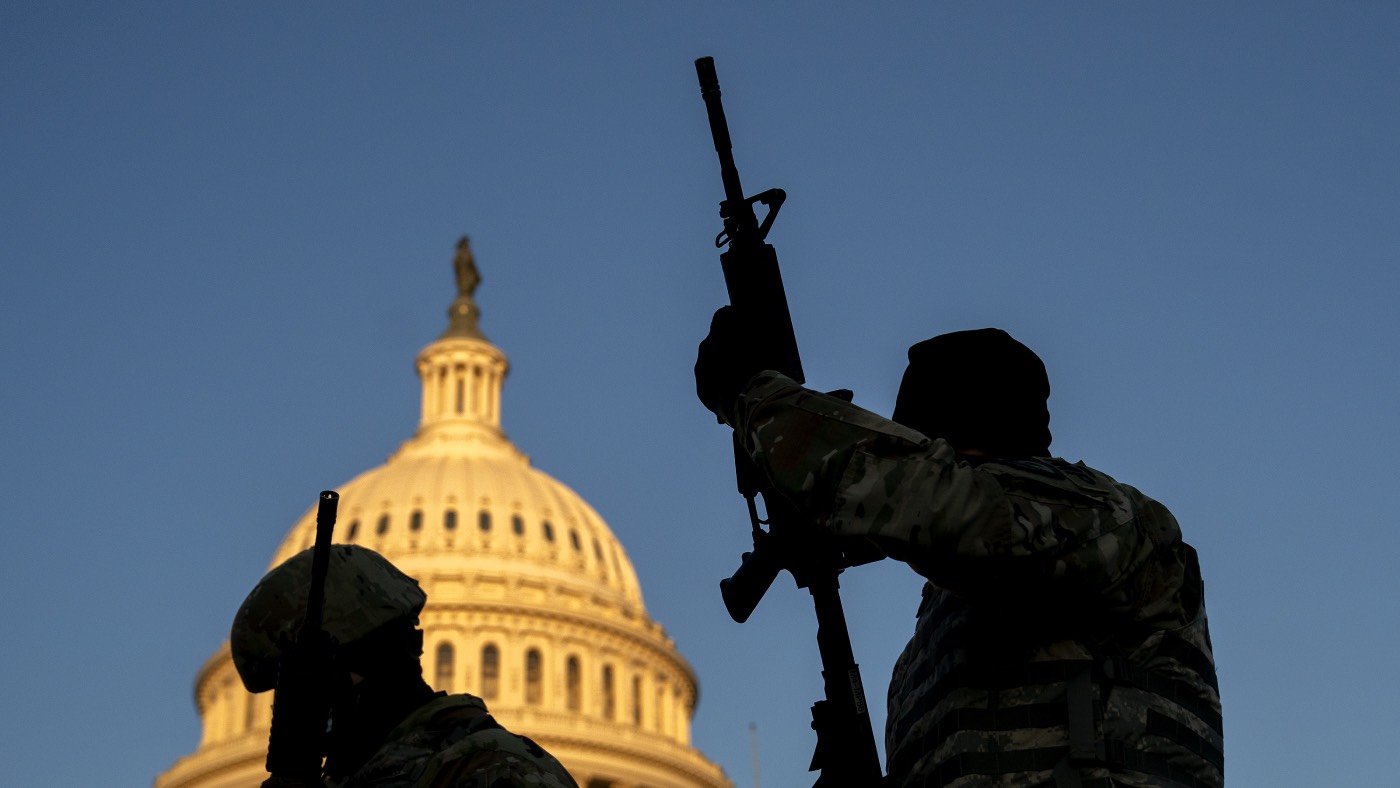 US Secret Service screening inauguration troops for riot sympathisers
US Secret Service screening inauguration troops for riot sympathisersSpeed Read National Guard members under investigation as mob member claims GOP lawmakers aided Capitol siege
-
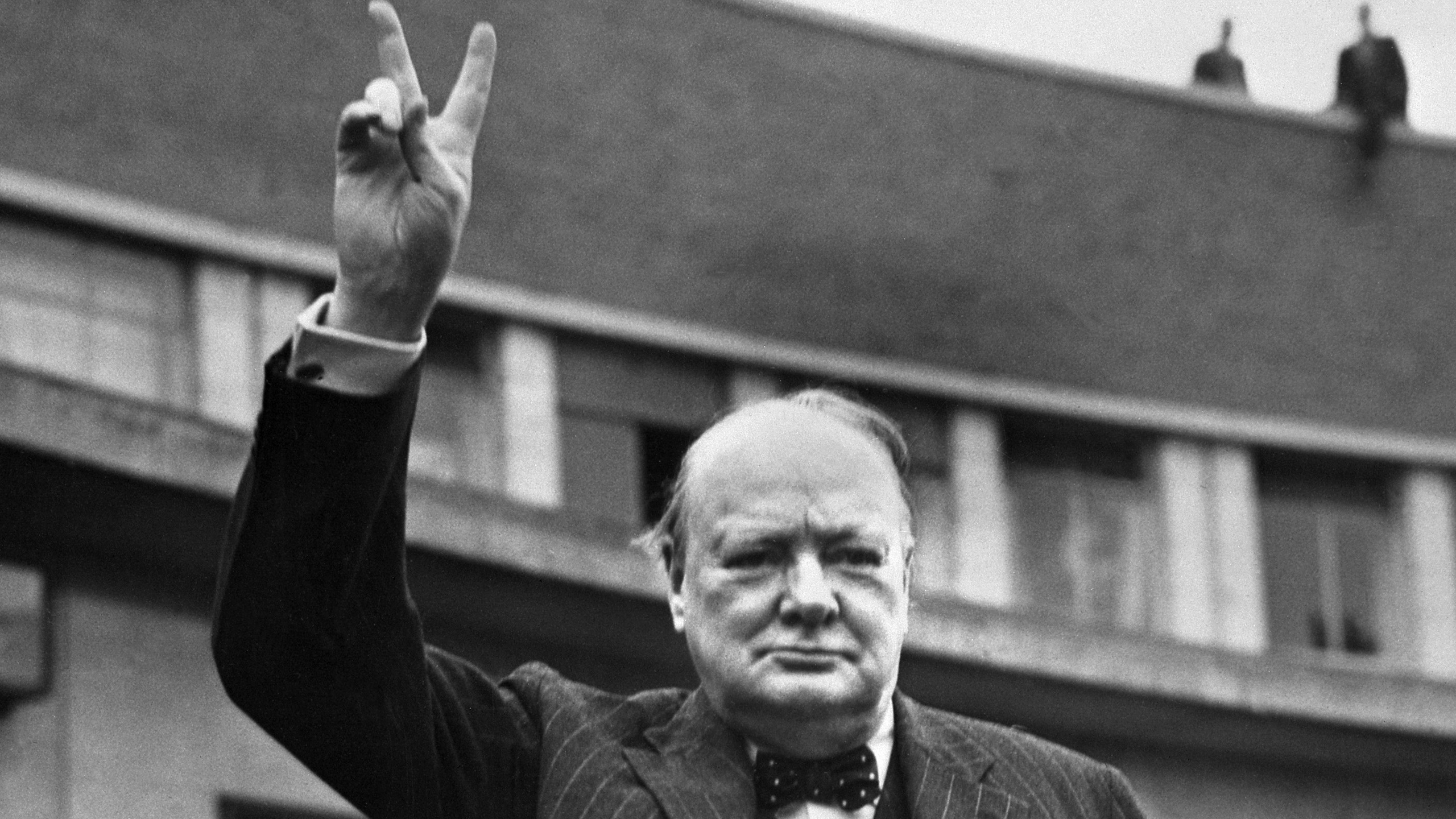 Plea for public to help find secret Second World War bunkers
Plea for public to help find secret Second World War bunkersSpeed Read Hundreds of ‘Scallywag’ underground hideouts lie undiscovered in British countryside
-
 GCHQ unveils annual Christmas card puzzle - can you solve it?
GCHQ unveils annual Christmas card puzzle - can you solve it?Speed Read Spy agency challenges ‘wise men and women’ to take on bauble brainteaser